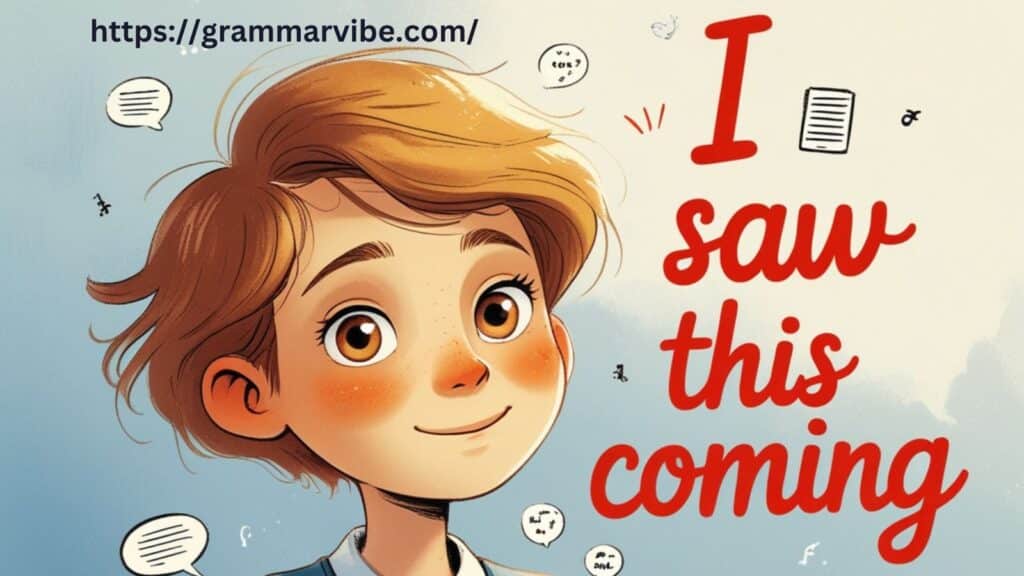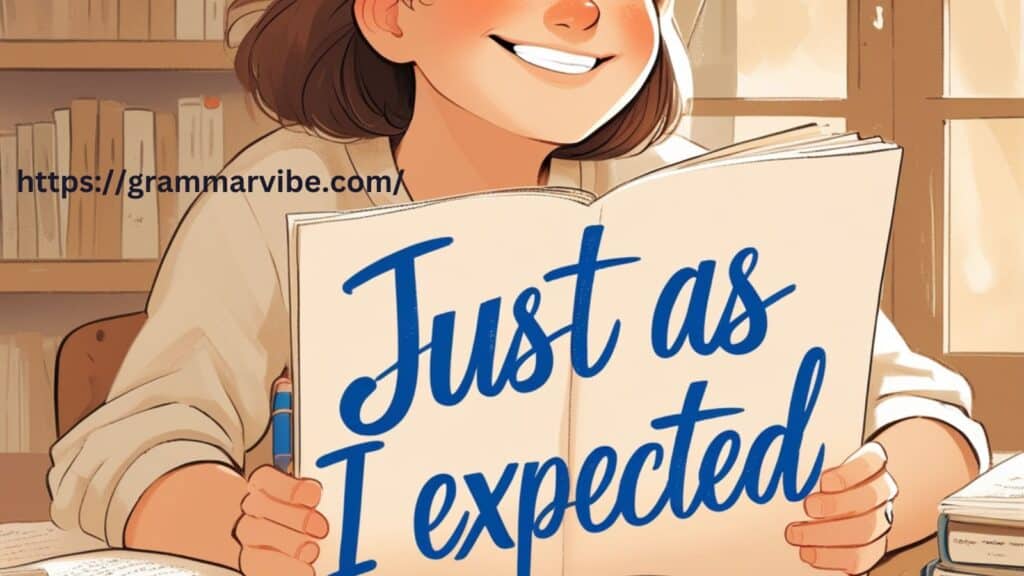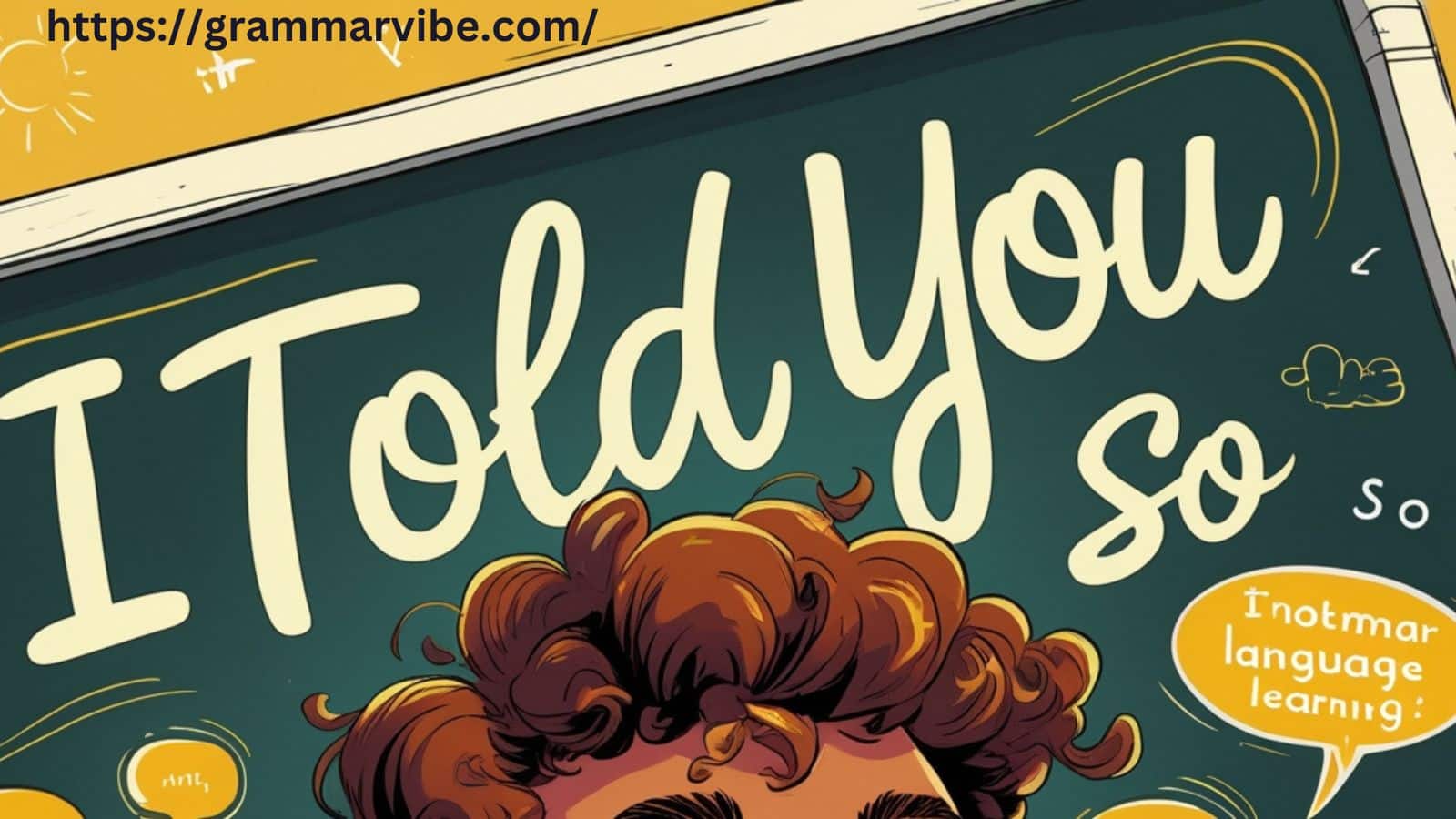Ever found yourself thinking, “I told you so” but didn’t want to come off as rude or smug? It’s a tricky balance, especially when you’ve warned someone about an outcome they ignored. Instead of being blunt, there are smarter, more respectful ways to communicate your foresight. Whether you’re giving constructive feedback in a business setting or simply sharing your insights with friends, these alternative phrases can help you point out mistakes without causing tension.
By using these subtle alternatives, you can avoid sounding boastful and instead focus on offering guidance and reflection. The right choice of words can turn a potentially awkward moment into a chance for growth and better decision-making in the future.
Professional Communication: “You Should Have Listened”
In a business context, it’s essential to communicate in a way that encourages respectful advice while maintaining a professional tone. If a colleague ignores your earlier guidance, instead of saying “I told you so,” try, “You should have listened.”
Example Email:
Subject: Follow-up on Last Week’s Discussion
Hi Sarah,
I hope you’re doing well! I wanted to follow up on the proposal you submitted. As we discussed last week, I mentioned the importance of considering the budget constraints before proceeding. It looks like we’re now seeing some of the unforeseen consequences of not adjusting those figures.
In hindsight, we could have avoided this if we had been more aligned from the beginning. In any case, I’m confident we’ll navigate through this and still come to a positive resolution.
Best regards,
Tom
By using this phrase, you gently remind them that you anticipated the issue, while still encouraging problem-solving moving forward.
Light-Hearted Reminder: “Remember My Advice?”
Sometimes, a casual reminder can add a touch of humor to the situation. Saying, “Remember my advice?” is a lighthearted way to point out that you shared some helpful insight earlier. It keeps things friendly and non-confrontational.
Example Message:
Hey James,
So, how’s that new marketing strategy going? Remember my advice on focusing more on the targeted ads rather than broad ones? Looks like we’re seeing the expected results, huh?
Let’s chat soon about next steps.
Cheers,
Laura
This approach uses a friendly nudge to bring attention to your previous suggestions without sounding critical.
Predicted Outcome: “I Saw This Coming”

If you’ve had a strong foresight about an issue, saying “I saw this coming” is a non-boasting way to share that you anticipated the outcome. It emphasizes that you were thinking ahead.
Example Text:
Hey Mark,
Just wanted to check in about that new software rollout. As I predicted, we’re facing a few bugs that could’ve been avoided with extra testing. It’s important to reflect on advice and ensure we have a solid process next time.
Let’s circle back soon.
Best,
Samantha
Here, the focus is on constructive feedback and using your foresight to improve the situation in the future.
Cautious Reminder: “I Did Mention This”
If the situation calls for a bit of caution, “I did mention this” can serve as a subtle gentle reminder without coming across as boastful.
Example Email:
Subject: Update on the Team Meeting Agenda
Hi Greg,
I hope everything is going well! I just wanted to touch base regarding our project timeline. I did mention this during our last meeting, but it’s important to take a closer look at the project scope before committing to any new deadlines. Otherwise, we might run into some issues down the line.
Looking forward to hearing your thoughts.
Best regards,
Rachel
This phrase emphasizes the importance of taking heed of earlier advice without being overly critical.
More for you: 15 Other Ways to Say “Hope This Helps”
Gentle Reminder: “As I Forewarned”
When you need to point out that you warned someone about a possible outcome, “As I forewarned” can strike the right balance. It’s respectful but clear.
Example Message:
Hi Emily,
Just wanted to follow up on the staffing decision. As I forewarned, moving ahead with the current team might have led to delays, and it looks like we’re seeing that now.
Let’s regroup and discuss the way forward.
Cheers,
David
This is a non-boasting tone that simply reinforces your earlier caution.
Friendly Nudge: “I Gave You A Heads-Up”
Sometimes, a friendly caution works better than a full-blown warning. “I gave you a heads-up” can sound lighthearted while reminding someone of your prior insight.
Example Text:
Hey Claire,
I was just thinking about our conversation last week. I gave you a heads-up about that project’s complexity, and it seems we’ve hit a few bumps. How about we review the next steps together?
Talk soon,
Jordan
This phrase highlights that you provided helpful advice, while still maintaining a caring approach.
Casual Reminder: “I Did Predict That”
If the situation unfolds just as you predicted, “I did predict that” can be a subtle warning without sounding too assertive. It’s an easy-going way to show that you foresaw the result.
Example Email:
Subject: Review of Q4 Sales Forecast
Hey David,
As I mentioned before, the sales forecast for Q4 was a bit too optimistic. I did predict that we’d fall short without some adjustments. I’m glad we have the chance to review this early and make the necessary changes.
Let me know your thoughts.
Best,
Anna
Here, the phrase gently acknowledges that you had insightful guidance earlier, without coming across as superior.
For your interest: 15 Other Ways to Say “Coming Soon”
Reflecting on Advice: “I Had A Feeling”
Sometimes, intuition plays a large role in decision-making. “I had a feeling” highlights your intuition and suggests that you were in tune with the situation from the start.
Example Text:
Hey Chris,
You know, I had a feeling that pushing the deadline would lead to issues. It’s all good—we’re in this together, and I’m sure we can resolve it. Let’s keep in mind the cause and effect of tight timelines next time.
Cheers,
Lily
By using this phrase, you show empathy and the understanding that sometimes things don’t go as planned, but solutions are still possible.
Outcome Prediction: “Just As I Expected”

When the outcome plays out exactly as you envisioned, “just as I expected” can serve as a casual way to reinforce that your prediction came true, all while keeping the tone light.
Example Email:
Subject: Project Budget Concerns
Hi Kate,
Just checking in about the budget adjustments. Just as I expected, we’ve hit a few unexpected expenses. Let’s get together soon to rework the plan and ensure we stay on track.
Talk soon,
Michael
This phrase points out your foresight without sounding too smug.
You might also like: 15 Synonyms for “Opportunity” on Your Resume
Gentle Reminder: “I Did Mention This Would Happen”
When someone ignores your caution, “I did mention this would happen” is a way to gently remind them of the advice they might’ve missed or overlooked.
Example Message:
Hi Alex,
I know we’re all busy, but I did mention this would happen—the delay in shipping is causing a bottleneck in production. Let’s make sure we adjust our timelines moving forward.
Thanks for your attention,
Sarah
This keeps the tone non-confrontational, encouraging future learning and growth.
Subtle Warning: “I Did Give You A Hint”
When you offer advice subtly, it’s easy for the message to be missed. Saying, “I did give you a hint” helps to bring attention back to the hint or advice you shared earlier.
Example Text:
Hey Jack,
Remember when I mentioned the importance of a backup plan? I did give you a hint that we might face issues with the vendor. Looks like we need to pivot now, but we’ve got this!
Cheers,
Mia
This approach is gentle and encourages reflecting on advice without being overly forceful.
Check out this: 15 Synonyms For “Someone Who Has the Same Birthday as You”
Non-Boasting Tone: “You Should Have Taken My Advice”
In certain situations, it might be necessary to directly point out that the advice received was worth listening to. “You should have taken my advice” communicates the message clearly while avoiding arrogance.
Example Email:
Subject: Client Presentation Debrief
Hi Ben,
After reviewing the presentation, it seems the changes I recommended would have been beneficial. You should have taken my advice on including more data-backed insights. However, we’ll address the feedback and improve for next time.
Best regards,
Grace
This statement brings attention to the past predictions but in a way that encourages self-improvement.
Table of Alternatives
| Phrase | Example Usage |
|---|---|
| You should have listened | “You should have listened to the warning about the deadline.” |
| Remember my advice? | “Remember my advice about the marketing strategy?” |
| I saw this coming | “I saw this coming, but we can still fix it.” |
| I did mention this | “I did mention this during our last meeting.” |
| As I forewarned | “As I forewarned, the budget is too tight.” |
| I gave you a heads-up | “I gave you a heads-up about the potential delays.” |
| I did predict that | “I did predict that the market would shift.” |
| I had a feeling | “I had a feeling we’d face some challenges.” |
| Just as I expected | “Just as I expected, the project ran over budget.” |
| I did mention this would happen | “I did mention this would happen if we didn’t adjust the schedule.” |
| I did give you a hint | “I did give you a hint that we needed more preparation.” |
| You should have taken my advice | “You should have taken my advice on the client pitch.” |
FAQs
Can I use these phrases in casual conversations?
Yes, they work in casual settings too, but keep the tone light and friendly.
How do I avoid sounding arrogant?
Pair these phrases with helpful suggestions and focus on finding solutions.
Are these phrases suitable for professional emails?
Yes, but make sure to use a respectful tone and emphasize constructive feedback.
Can these phrases highlight positive outcomes?
Absolutely, they can also acknowledge when predictions lead to success.
What if the person doesn’t respond well to my reminder?
Clarify that your intention is to help and support their growth, not to criticize.
Conclusion
Mastering the art of offering advice without being confrontational is essential for maintaining positive relationships. Instead of bluntly saying “I told you so,” these alternatives allow you to reflect on past predictions in a way that promotes learning and growth. It’s all about guiding others without causing unnecessary friction.
With the right approach, your words can encourage better decision-making in the future. A well-timed reminder is not only insightful but also helps to build stronger connections.

Kyren Paul is an experienced blogger and the creative mind behind “Grammar Vibe.” With a passion for the nuances of English grammar, he brings clarity and insight to everyday language topics, making grammar accessible and engaging for readers of all levels.











Leave a Comment